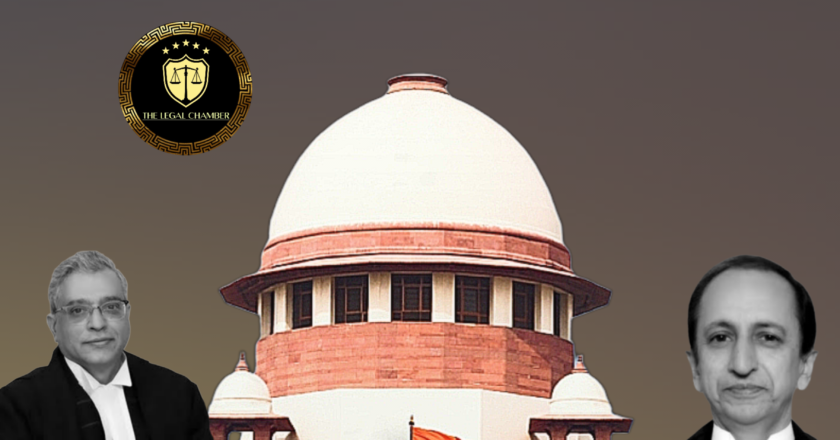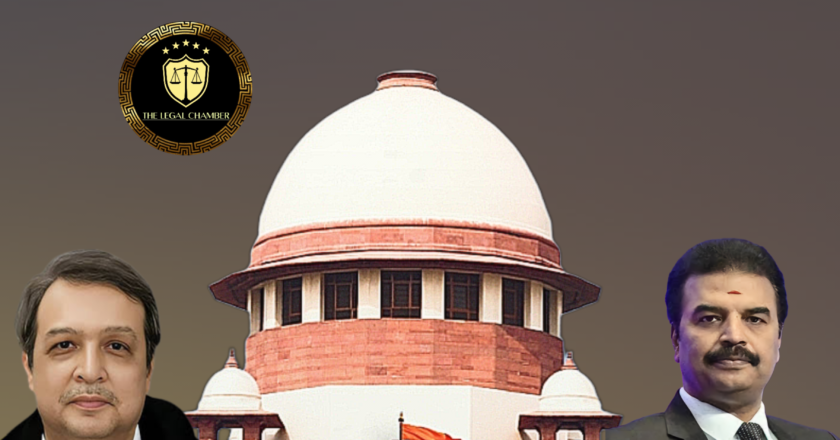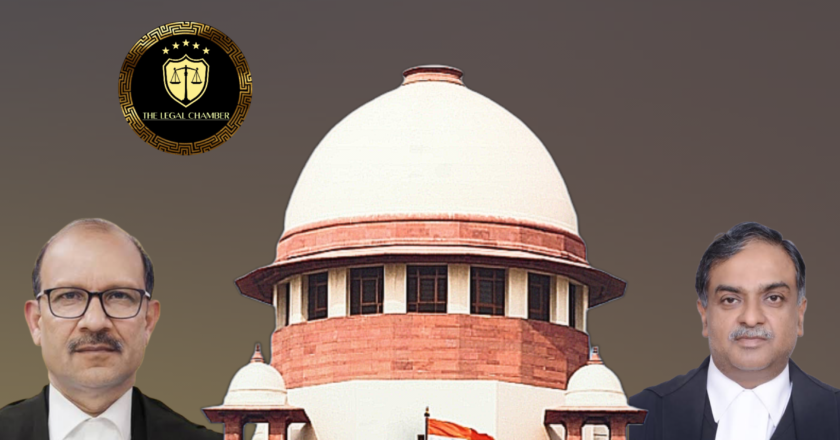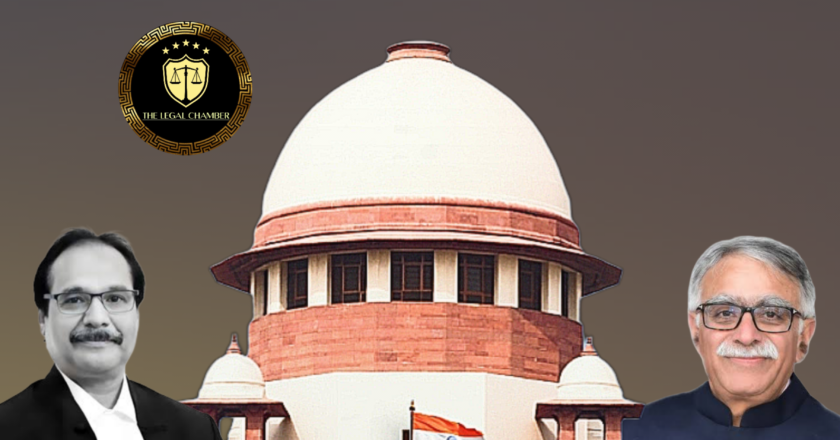Supreme Court Ruling: Key Lesson for Armed Forces, Location Misrepresentation is a Punishable Offence
The Supreme Court declined to interfere with the penalty imposed by the disciplinary authority, upholding the High Court's decision. The Court affirmed that misconduct, proven on the preponderance of probabilities and bringing disrepute to a disciplined force, warrants a commensurate penalty. It found no grounds for intervention under Article 136 of the Constitution.
Facts Of The Case:
The appellant, Constable Amar Singh, was serving with the Central Industrial Security Force (CISF) at the Mallaram Camp. On August 27, 1995, he was granted a two-hour out-pass to visit a hospital. Instead of doing so, he went to a residential colony located approximately 12 kilometres from the camp to enquire about quarters allotted to another constable. His presence and actions there agitated the local ci...



